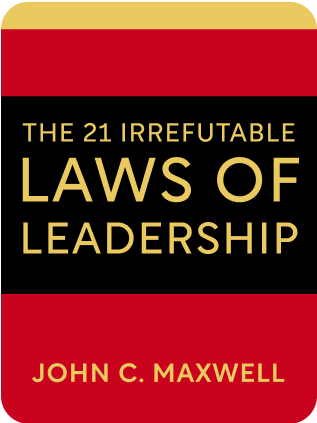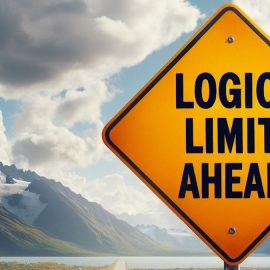

This article is an excerpt from the Shortform book guide to "The 21 Irrefutable Laws Of Leadership" by John C. Maxwell. Shortform has the world's best summaries and analyses of books you should be reading.
Like this article? Sign up for a free trial here .
What is the Law of Process? What do you think is more important when it comes to leadership—inherent talent or purposeful practice?
The Law of Process is the third law in The 21 Irrefutable Laws of Leadership. It states that, contrary to a common misconception, leadership is not an inborn trait, but rather a skill that’s developed through frequent and consistent practice.
Keep reading for more about the Law of Process by John C. Maxwell.
John C. Maxwell: The Law of Process
Are people born leaders? Leadership ability is based in skill, not inherent talent. Leadership can be learned over time, and that willingness and ability to learn is what separates leaders and followers.
There are five phases to developing leadership skills through the Law of Process:
● Ignorance. You don’t know that leadership is important yet.
● Awareness and incompetence. You’ve recognized that leadership is valuable and important, but you don’t know how to do it yet. You realize you need to learn.
● Daily, targeted learning. You research leadership. You read, speak with other leaders, attend conferences, etc.
● Practice. You’re now in a leadership position and practice the laws of leadership daily. You become a good leader.
● Muscle memory. Leadership is now second nature. You lead automatically, according to your instincts.
There are no shortcuts to applying this law. Learning to be a leader is a process, not an aha moment. While one-off conferences and formative single experiences contribute to learning, there are no time saving tricks. Learning to lead requires committed practice.
Example of a Successful Application of the Law: Theodore Roosevelt
As a child, Theodore Roosevelt was weak and timid. He had asthma, bad eyesight, and was small for his age. Sound anything like the cowboy president who once gave a one-hour speech immediately after being shot? Roosevelt learned to become a leader, and he did it over time.
When Roosevelt was 12, his father told him that he was smart but his physical weakness was holding him back. Roosevelt began training his body and mind every day. He practiced martial arts, weight-trained, and played a variety of sports. He went to Harvard and held a variety of civil service positions before becoming president.
Roosevelt continued his daily practice while president and accomplished many things, including winning a Nobel Prize and helping the US become a world power. Even after his presidency, he never stopped learning. He led a scientific expedition to Africa and explored Brazil’s River of Doubt. When he was found dead in his bed, there was a book under his pillow. He squeezed learning into every last moment of his existence.
Applying the Law of Process
The key to developing leadership is daily, targeted practice.
- What phase of leadership development are you currently in?
- Are you in the ignorance phase?
- Are you already practicing?
- How do you know you’re in this phase?
Choose a skill you’d like to develop.
- What is something you can do, once, to improve this skill (for example, attend a conference, interview an expert)?
- What can you do, daily, to improve at this skill (for example, read a book on the subject for 20 minutes a day)?

———End of Preview———
Like what you just read? Read the rest of the world's best book summary and analysis of John C. Maxwell's "The 21 Irrefutable Laws Of Leadership" at Shortform .
Here's what you'll find in our full The 21 Irrefutable Laws Of Leadership summary :
- Why working with people is the only way to do meaningful work
- How to become the kind of person that can get things done
- Why you don't need to be good at all the laws of leadership to be a good leader






